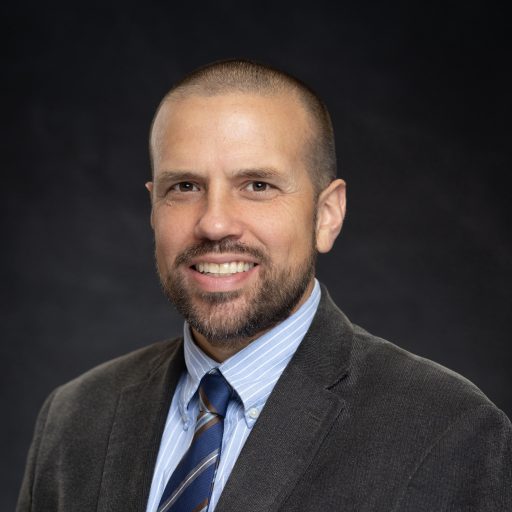
Dr. David Diener
Dr. David Diener works at Hillsdale College where he is an Assistant Professor of Education. Previously he spent fifteen years in K-12 private education, eleven of those in administration and eight as headmaster of classical Christian schools. He serves on the Board of Directors for the Society for Classical Learning and the Board of Academic Advisors for the Classic Learning Test. He is the Executive Director of the Alcuin Fellowship, a member of the National Council of Classical Educators, and regularly provides consulting services and teacher training to classical schools. He is the author of Plato: The Great Philosopher-Educator and has published articles on Plato, Kierkegaard, and various topics in philosophy of education. He also serves as the series editor for Classical Academic Press’ series Giants in the History of Education and is an associate editor for the journal Principia: a Journal of Classical Education. He holds a BA in Philosophy and Ancient Languages from Wheaton College as well as an MA in Philosophy, an MS in History and Philosophy of Education, and a dual PhD in Philosophy and Philosophy of Education from Indiana University.
2024 Speaker Topic
Pagan Texts and Classical Christian Education
Over the centuries, a key questions of classical Christian education is if/how Christians should learn from pagan texts. This issue arose almost immediately in the first century AD, and throughout history different answers have been offered. This session unpacks this controversial issue by addressing both its historical roots and key answers that have been given throughout the tradition. This issue is just as relevant today as ever, so understanding the purpose and value of teaching pagan texts is of great benefit for all classical Christian educators.
Panelist: The Canon of Great Books (Part I and Part II)
Of making many books there is no end,” Solomon warns in Ecc. 12:12. As educators we interact with books all the time, and much of our interaction with students centers around leading them through various books. A number of questions immediately arise: Which books? To what end? Is there a “canon” of “great books”? What makes a book “great”? What criteria should we use to select the books we assign? What measure of respect is properly due to these books? In order to address these important questions, ACCS has invited three scholars to offer a panel discussion on the “canon of great books.” Each panelist will present a paper followed by responses (and perhaps challenges) from the other two panelists. Following their papers and responses, there will be time for audience questions and conversation.
